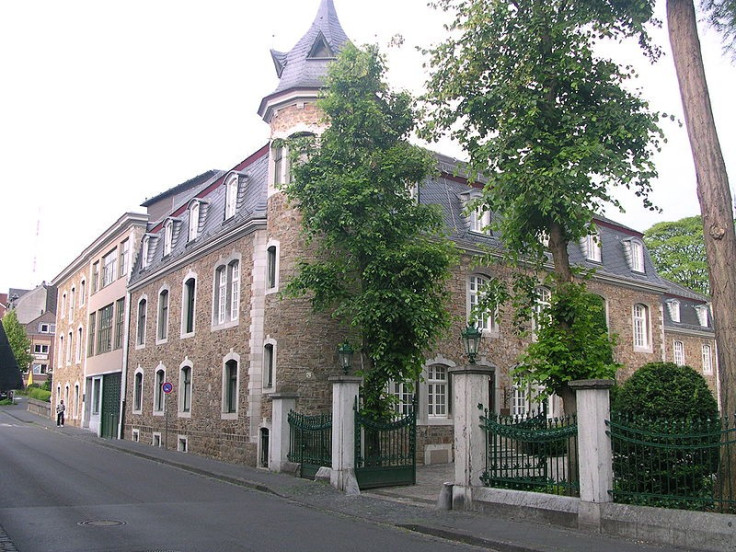Thalidomide Maker Apologises After 50 Years
Thalidomide was recalled in 1961 after producing birth defects

The German maker of the anti-morning sickness drug thalidomide has issued an apology to the thousands of people who were born with deformities because their mothers used the drug during pregnancy.
Grunenthal said it was "very sorry" for remaining silent on the issue for nearly half a century.
"We also apologise for the fact that we have not found the way to you from person to person for almost 50 years. Instead, we have been silent and we are very sorry for that," said chief executive Harald Stock in an apology issued through the company website to coincide with the unveiling of a special thalidomide memorial in Stolberg, Germany.
"We ask that you regard our long silence as a sign of the shock that your fate caused in us."
In Stolberg, Stock unveiled a statue called the Sick Child, a bronze representation of a child born without limbs to symbolise a thalidomide victim.
However, campaign groups have dismissed Stock's apology as insufficient.
"It's taken a long time for them to apologise. There are a lot of people damaged by thalidomide struggling with health problems in the UK and around the world," Freddie Astbury, the president of Thalidomide UK told the BBC.
"It's no good apologising if they won't open discussions on compensation. They've got to seriously consider financial compensation for these people."
Grunenthal said in its apology that the company acted "in accordance with the state of scientific knowledge and all industry standards for testing new drugs that were relevant and acknowledged in the 1950s and 1960s".
"We regret that the teratogenic potential of thalidomide could not be detected by the tests that we and others carried out before it was marketed."
Thalidomide was marketed in the 1950s and 60s as a cure for morning sickness and was sold under the brand name Contergan.
The drug caused a wide range of deformities in thousands of babies such as shortened arms and legs, blindness, deafness, heart problems and brain damage. The drug was recalled in 1961.
There are 5,000 to 6,000 people still living with the effects of thalidomide worldwide, the majority of them in Europe, Australia, Canada and Japan.
Compensation claims are still outstanding as Grunenthal has never admitted liability.
© Copyright IBTimes 2025. All rights reserved.





















